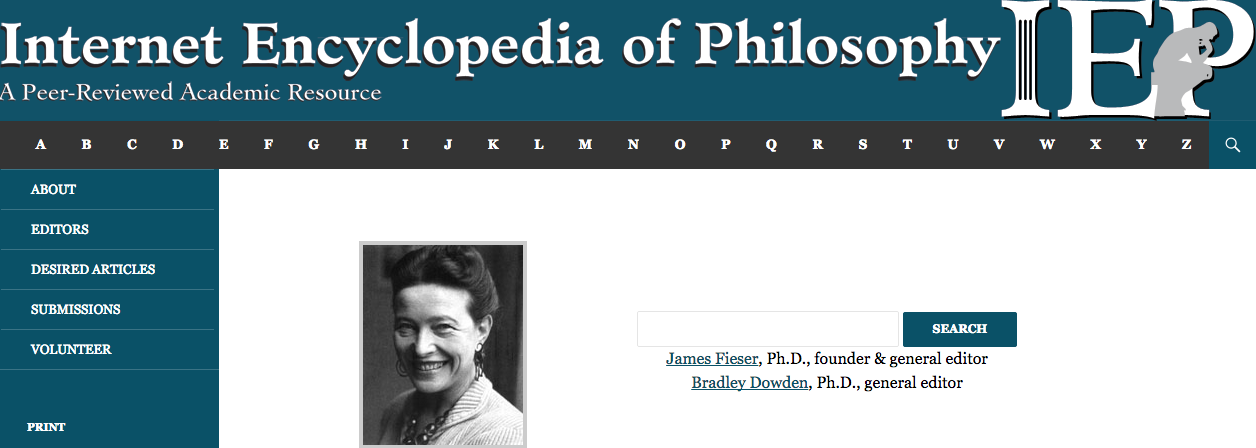Here's what the IB say about TOK.
"Diploma Programme Curriculum—core Requirements." IB Diploma Programme Curriculum,
Theory of Knowledge. IBO, n.d. Web. 02 Dec. 2014.
I recently went on some IBDP Librarian training, which put my mind at ease about TOK.
I am a very practical person, so TOK seemed very scary to me.
After the training I realised I had already been teaching lessons which touch on TOK, from looking at source reliability, to analysing who creates the news and why.
The main Areas of Knowledge that students will focus on are: The Arts, Ethics, History, The Human Sciences, Indigenous Knowledge Systems, Mathematics, The Natural Science and Religious Knowledge Systems. You can read more about this on this TOK site.
Although I don't have sites to cover all areas yet and my resource list is still a work in progress, I wanted to share what I have so far. Hopefully other librarians or TOK teachers will see this..and then send me sites too!
Here is my complete list.
This is a live document.
The TOK tab is at the bottom of the page.
Here are some of my favourites:
A:Z The philosophy of (almost) everything
Conservative watchdog group for fairness, balance and accuracy in news reporting
Ask for Evidence is a public campaign that helps people request for themselves the evidence behind news stories, marketing claims and policies. We hear daily claims about what is good for our health, bad for the environment, how to improve education, cut crime, treat disease or improve agriculture. Some are based on reliable evidence and scientific rigour. Many are not. How can we make companies, politicians, commentators and official bodies accountable for the claims they make? If they want us to vote for them, believe them or buy their products, then we should Ask for Evidence. People come here to share their experiences of asking for evidence and to use the hub of resources and expertise to making sense of the evidence they receive.
Big Think is the leading knowledge company for the knowledge economy
Fairness and Accuracy in Reporting.
You thought you knew...but you have no idea!
Play the game. Learn about Language
Using these new tools, HistoryofInformation.com is
designed to help you follow the development of information
and media, and attitudes about them, from the
beginning of records to the present.
Hoax or fact is a platform that analyzes and explains
the truths behind the popular hoax
messages that we get to hear.
A great video from TED Talks, How Do You Know You Exist?
Peer reviewed philosophy articles.
LabintheWild tests your abilities and preferences when interacting with computers. At the end of each experiment, you will see a page with your personalized feedback, which lets you compare yourself and your performance to other people around the world
A website put together by Gareth Southwell, which includes philosophy, writing, comics and illustration.
An online, multimedia digital archive containing the profiles of 250 feminist psychologists who have shaped and continue to transform the discipline of psychology. Profiles are organized in two sections, "Women Past" and "Feminist Presence." All profiles on the Feminist Presence section contain original interview transcripts and video clips with the psychologist discussing their feminist development and academic career.
Mini Philsophy lectures. Subscribe to learn and boost your brain power!
A UK-based charitable trust to encourage an evidence-based approach to scientific and technological developments
THE SKEPTICS SOCIETY is a nonprofit scientific and educational organization whose mission is to engage leading experts in investigating the paranormal, fringe science, pseudoscience, and extraordinary claims of all kinds, promote critical thinking, and serve as an educational tool for those seeking a sound scientific viewpoint.
Strange Maps collects cartographic curiosities, mapping things like the place in the United States farthest from a McDonald’s.
Fantastic articles, videos and podcasts investigating various conspiracy theories.
A linguist and editor at The Week, turns monosyllabic grunts into long, fancy, science words.
The Wayback Machine is a digital archive of the World Wide Web and other information on the Internet created by the Internet Archive, a non-profit organization, based in San Francisco, California
A free online magazine with the goal of increasing understanding of other cultures through the English translations of foreign literature and commentary. Search by continents or environments.























No comments:
Post a Comment